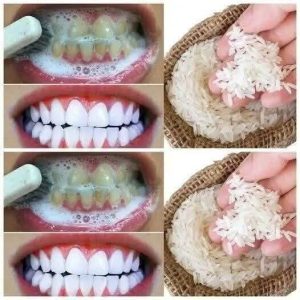Chin whiskers in women are more common than often acknowledged and vary in thickness, color, and growth patterns. Some may have only a few stray hairs, while others experience noticeable growth. Factors like hormones, genetics, and health conditions can influence this, and recognizing their normalcy helps reduce stigma and encourages informed management.
Hair growth follows a cycle—anagen (growth), catagen (transition), and telogen (rest). Androgens, including testosterone, play a key role in stimulating facial hair. Women naturally produce androgens, but imbalances or heightened sensitivity can cause excessive hair. Genetics also shape hair growth patterns, influencing both the density and distribution of chin whiskers.
Hormonal changes significantly impact facial hair in women. Conditions like polycystic ovary syndrome (PCOS) elevate androgen levels and can cause hirsutism. Menopause, birth control, and certain medications also alter hormone balances, potentially triggering facial hair growth. Understanding hormonal influences is essential in identifying effective treatment paths.
Family history is another key factor. If female relatives have chin whiskers, you may be more likely to develop them. Ethnicity plays a role too, with women of Middle Eastern, Mediterranean, and South Asian descent often experiencing more facial hair. Identifying patterns within your genetic background can provide useful context.
Beyond the physical aspect, chin whiskers can deeply affect self-esteem and emotional well-being. Women often feel embarrassed, anxious, or stressed about their appearance. This may lead to obsessive grooming, social avoidance, and even depression. Cultural and media standards further intensify these feelings, although growing conversations around body positivity offer hope.
There are many hair removal methods—plucking, waxing, shaving, depilatory creams, laser treatments, and prescription medications. For sudden or severe changes, medical advice is crucial. Lifestyle changes like a healthy diet, stress management, and natural remedies can help. Ultimately, whether removed or embraced, the choice should empower and support personal confidence.




